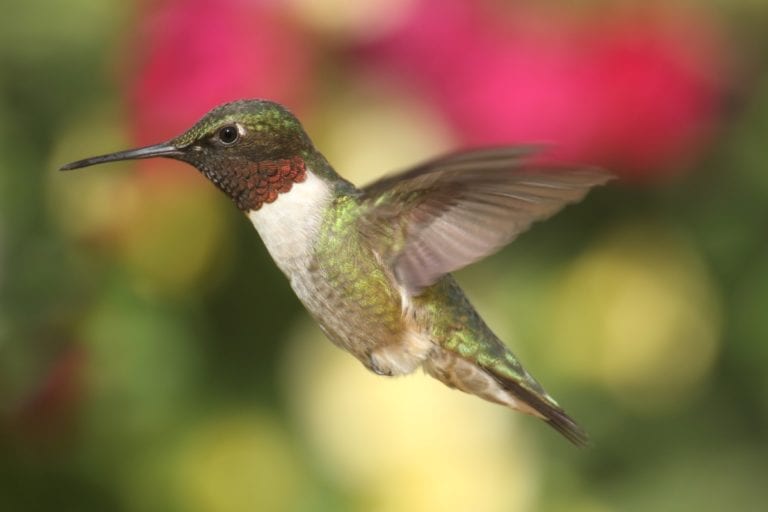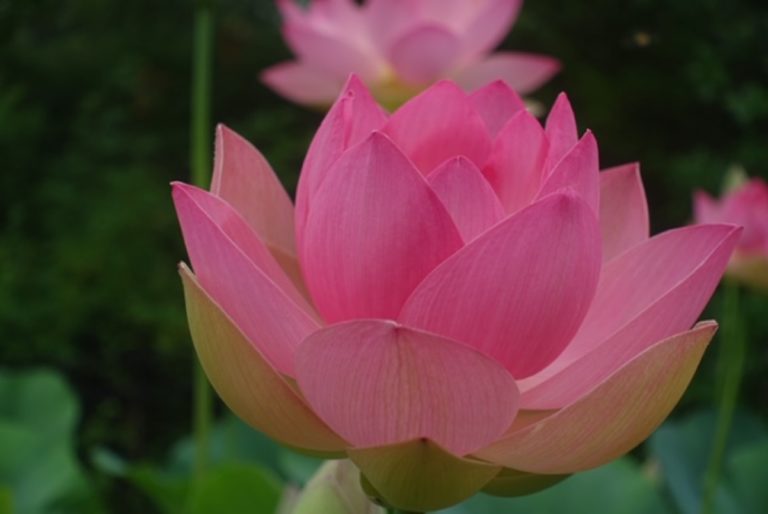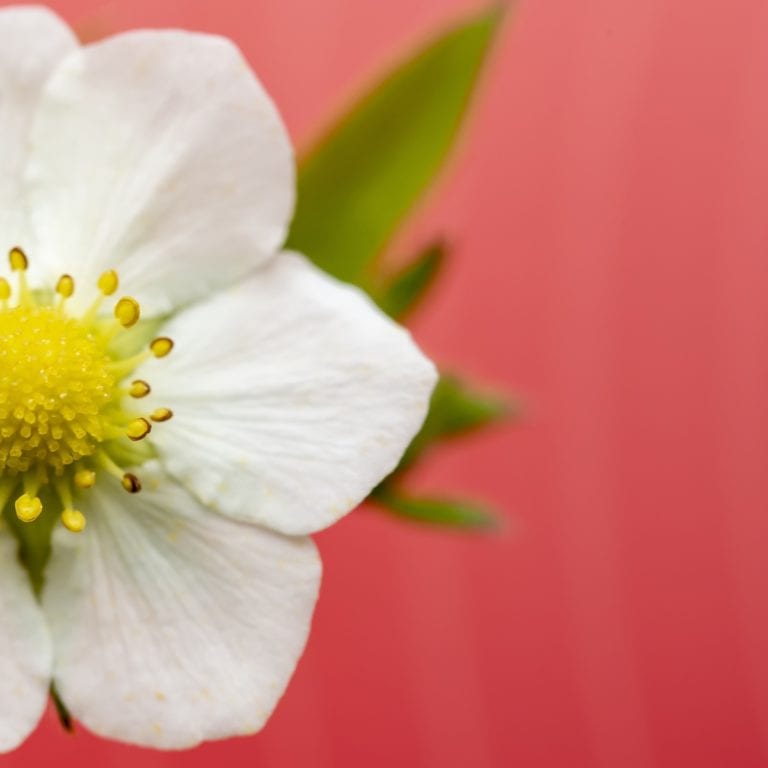697th Week: Gratitude for Help Along the Way
On my birthday last year, I had an opportunity to offer myself an unexpected gift, one for which I was inordinately grateful. It turned out that, upon awakening the morning of my birthday, it became immediately evident that I urgently needed a root canal. Much to my relief, my endodontist was able to see me at exactly the time my schedule allowed that day, although I would have canceled whatever I had to in order to see him.
As I sat in his chair, the local anesthesia taking effect I was filled with gratitude that this man had gotten training that allowed him to relieve my pain in such skillful and, frankly, easy ways.
I knew that, without question, I would feel better when I left his office. The experience got me to thinking, yet again, about my regular practice of moving into gratitude when I face medical issues and how I have learned to deal with my fear by accompanying it with feeling grateful for the help I receive when I’m faced with a situation that I can’t resolve by myself.
For this week’s practice, I invite you to track how you respond when you need the services of any kind of practitioner for your body, or any other kind of help where you can’t resolve a situation yourself. For example, if you have something come up that requires a medical response, as happened to me with the root canal, notice what happens if you orient yourself to gratitude for the interest, schooling, practice, and skill the medical person brings to his or her interactions with you. This doesn’t mean you won’t feel fear or anxiety about what’s happening, but notice your experience if you allow gratitude to accompany whatever may be frightening or uncomfortable.
Or, you may discover that you need a piece of information that can only come from someone else. If you have to make a phone call, you may find yourself in one of the complex loops of “press 1”, “now press… *”, etc., etc. Instead of moving only to the irritation that so many of us instantaneously feel when we’re captured by a recorded voice on the other end of the phone, notice what happens if you allow gratitude to accompany you through the process, knowing that somewhere along the way you’ll get the information you need, hopefully!
You can expand this practice to include any kind of help you need and the people who provide that help, given that many times a day or week we may find ourselves seeking the help, support, and expertise of others. These moments offer continuing opportunities to orient to gratitude as we face the uncertainty of a situation where we must depend on someone else for its resolution.
When you move into gratitude in what are often fear-based, anxiety-based, or irritation-based experiences, notice what happens in your body and in the quality of your thoughts and feelings. The addition of gratitude has a tendency to soften experience, to allow us to be more open to possibility instead of becoming mired in the constricting quality of negative feelings. It doesn’t mean we won’t still have mixed feelings, but accessing gratitude shifts the quality of how we perceive and move through what’s happening.
As with all these practices, there’s no right way to do this one. Instead, it’s more of an invitation to be sure to allow mixed feelings as you meet life’s challenges, taking time to include gratitude in the mix. Allowing curiosity as a companion in this journey tends to open up awareness to the possibility of something new coming into your experience.
And, allowing judgments to arise, move through, and move on without having to counter them, push them away, or go more deeply into them offers a continuing opportunity to discover, again and again, that judgments are part of how the brain works and aren’t necessarily bringing into awareness any useful information. In fact, it’s a great practice to learn to discern the difference between thoughts that represent activation—fear, anxiety, anger—and those that represent information that can actually be useful to you.





